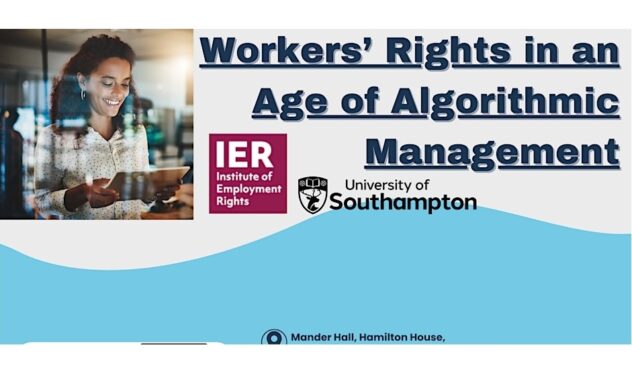EU moves to give gig workers more rights and protections
The council has proposed the reclassification of so-called platform workers

The European Council has announced its intention to give gig workers in Europe the same rights as employees. On the 12th of June the council proposed the reclassification of “platform workers”, including taxi drivers, domestic workers and food delivery drivers, to employees, giving them labour rights and social protection under EU law, HR Magazine reports.
According to the European Council, Platform workers are currently misclassified as self-employed because the rules and restrictions they are subjected are the same as those for people who work as employees.
For a job to be deemed employment rather than self-employment, workers need to meet three of seven criteria set out by the council, which includes an upper limit on the amount of money workers can earn and restrictions in their ability to turn down work.
The council also proposed new measures to ensure workers are informed of the use of algorithms and automation in decision-making processes, and that such technologies are overseen by qualified staff.
As the UK no longer ascribes to EU law, foloowing Brexit, the council’s proposals will not directly affect UK employment law. However, employers with gig workers are being advised to be mindful of the changes.
Speaking to HR magazine, Mel Stancliffe of Cripps said:
“It will be a relief to many organisations that their UK platform workers will not be presumed to be employees. The UK won’t be bound by the new position for its people working here but it is completely consistent with the direction of travel of the UK courts to look to protect workers working on a digital platform as the Uber and other cases demonstrate.”
The European Council released a statement, beginning:
“The Council is ready to start negotiations with the European Parliament on a new law that will help millions of gig workers gain access to employment rights.
Today, ministers for employment and social affairs agreed on the Council’s general approach for a proposed directive to improve working conditions for platform workers.
The proposal introduces two key improvements: it helps determine the correct employment status of people working for digital platforms and establishes the first EU rules on the use of artificial intelligence in the workplace.”
The full statement can be found here.







